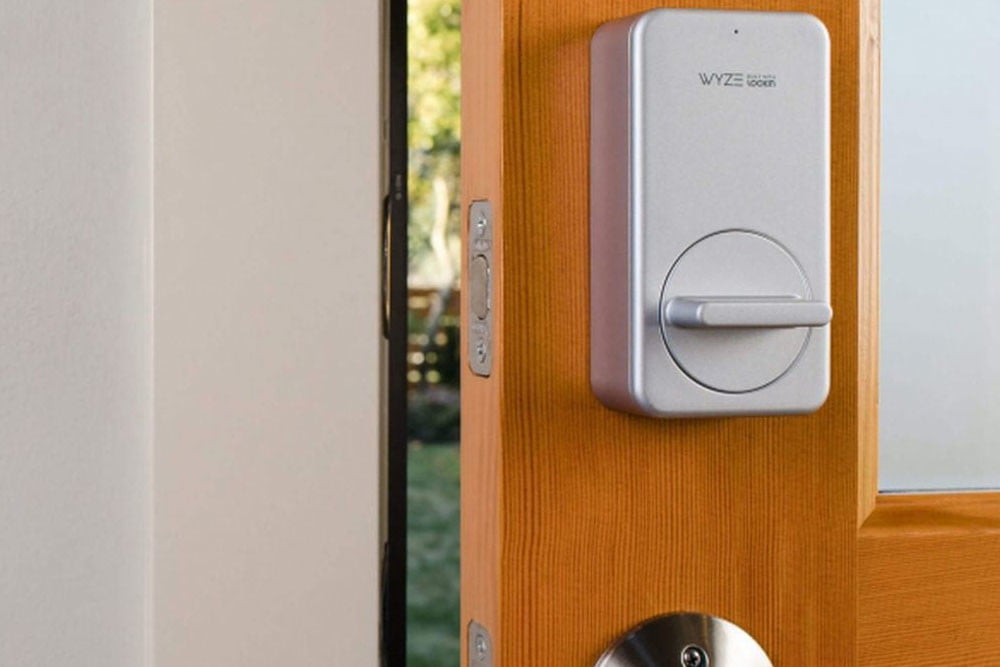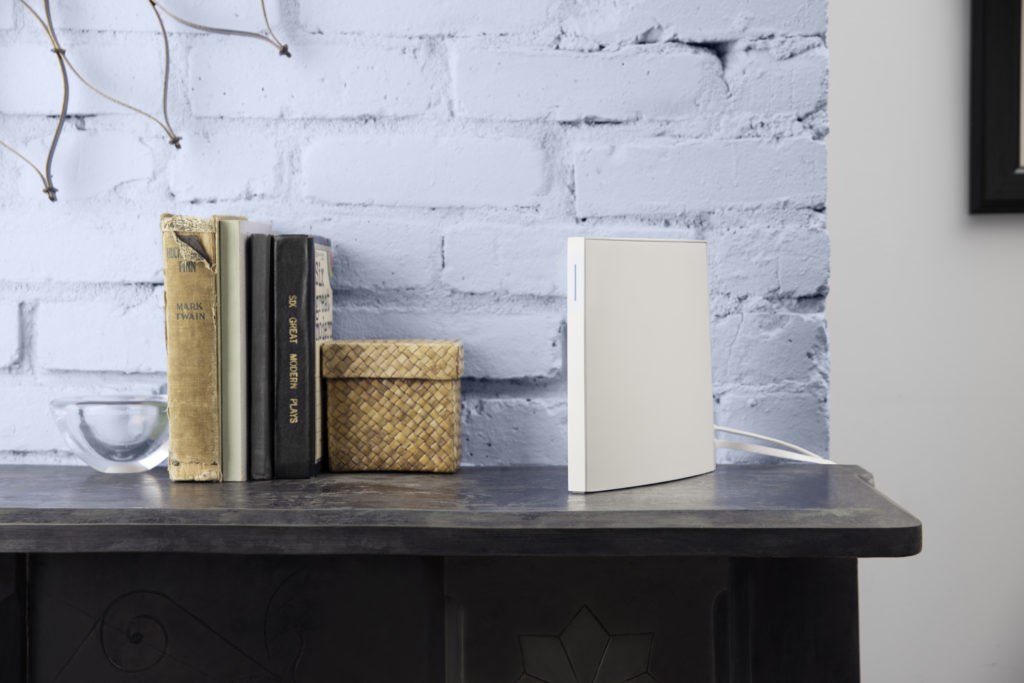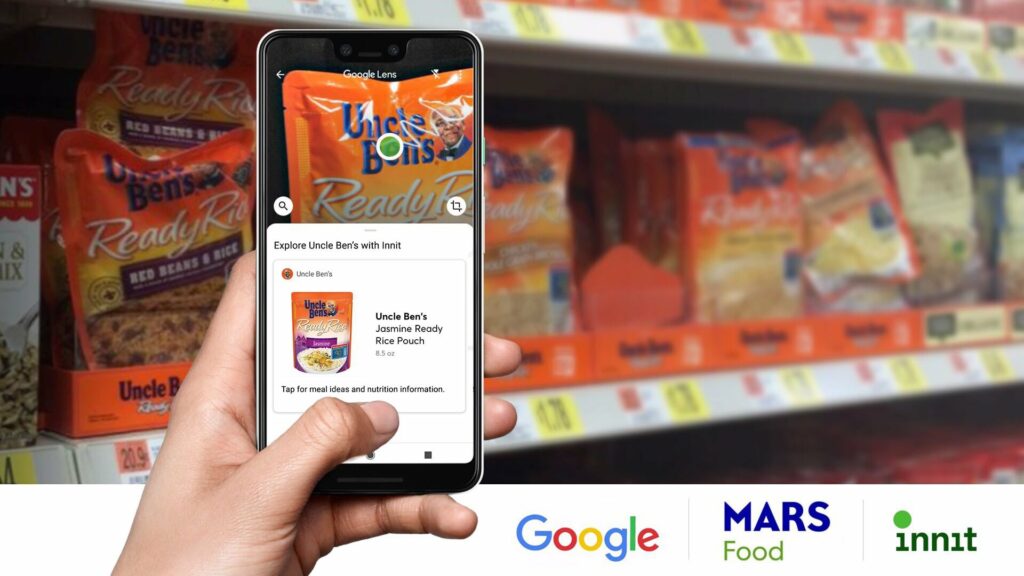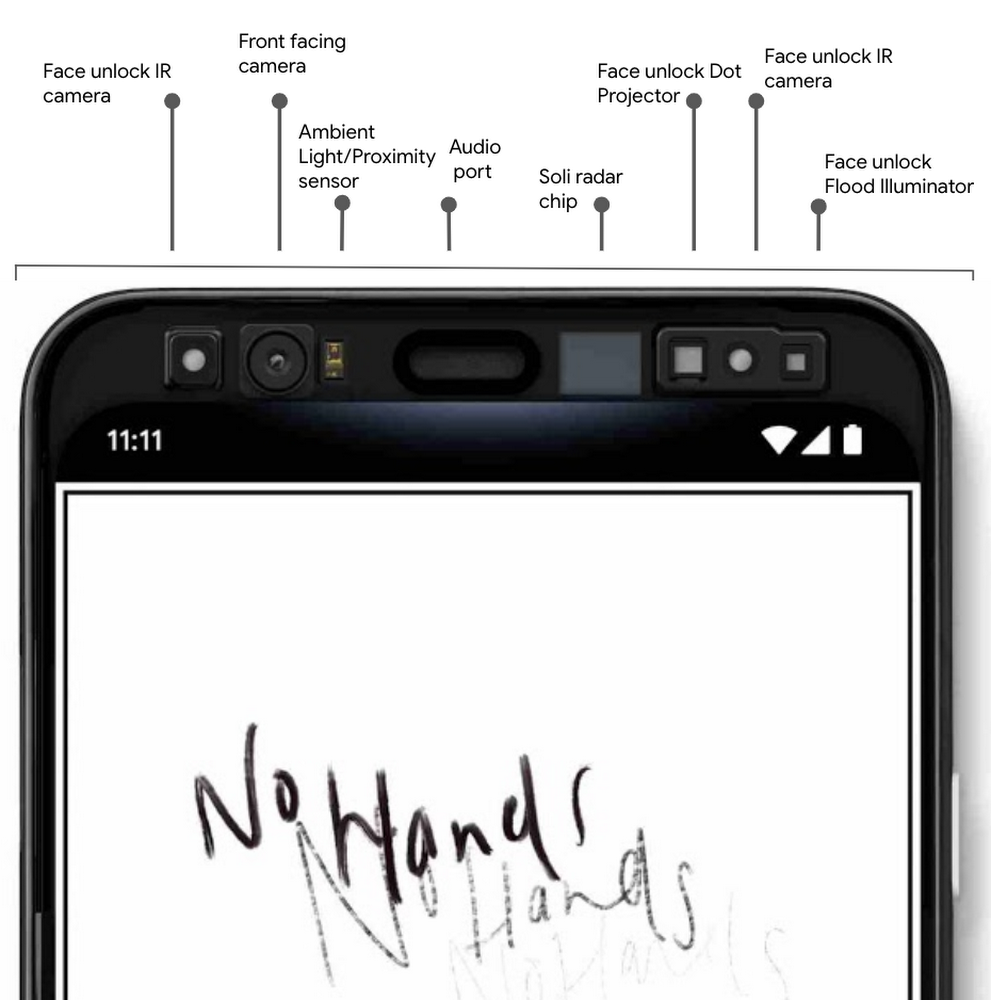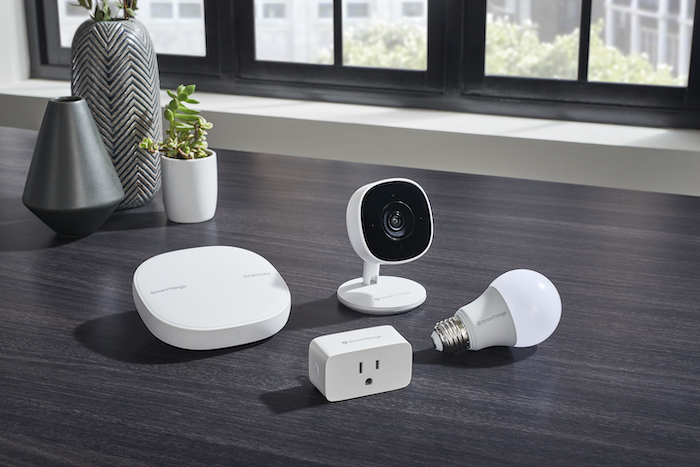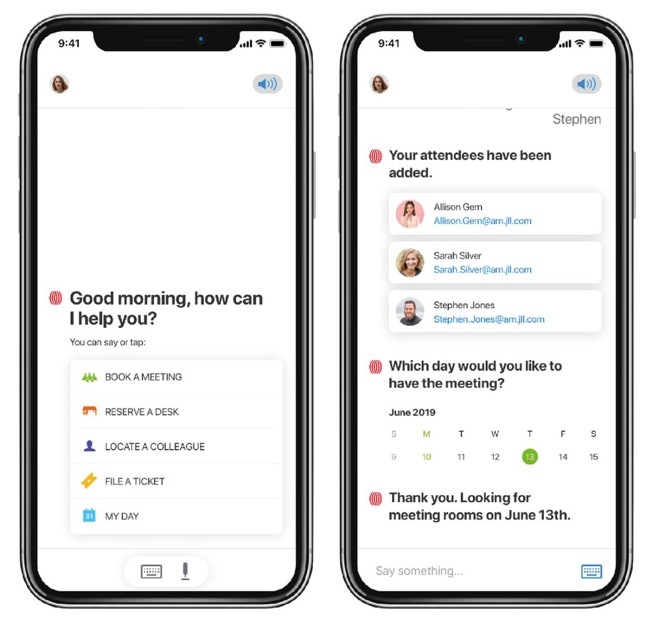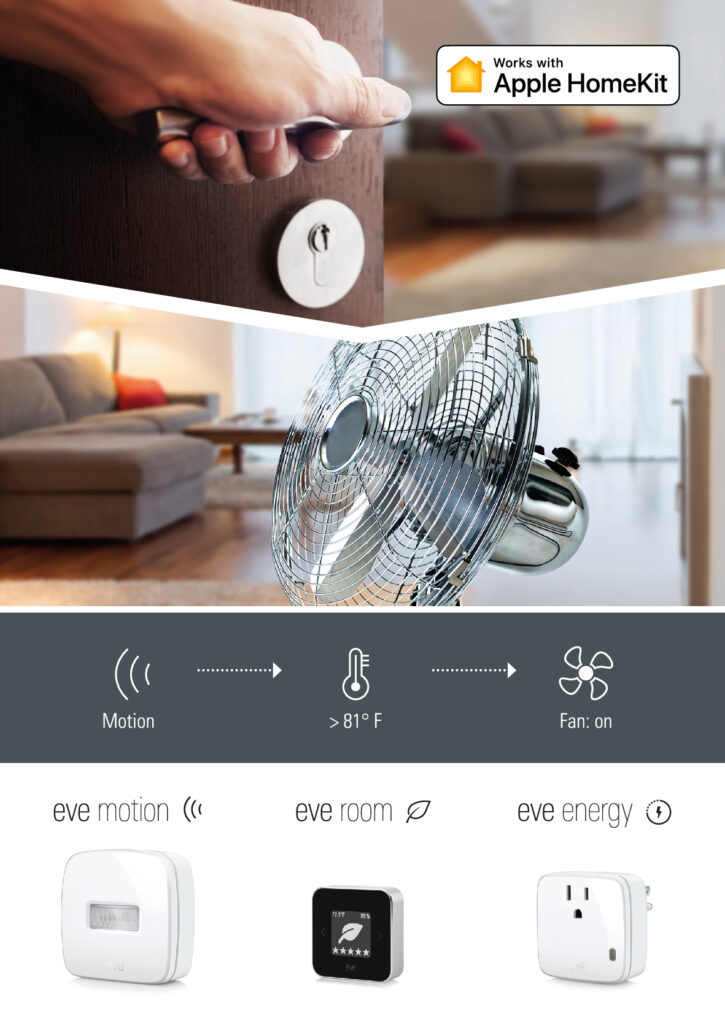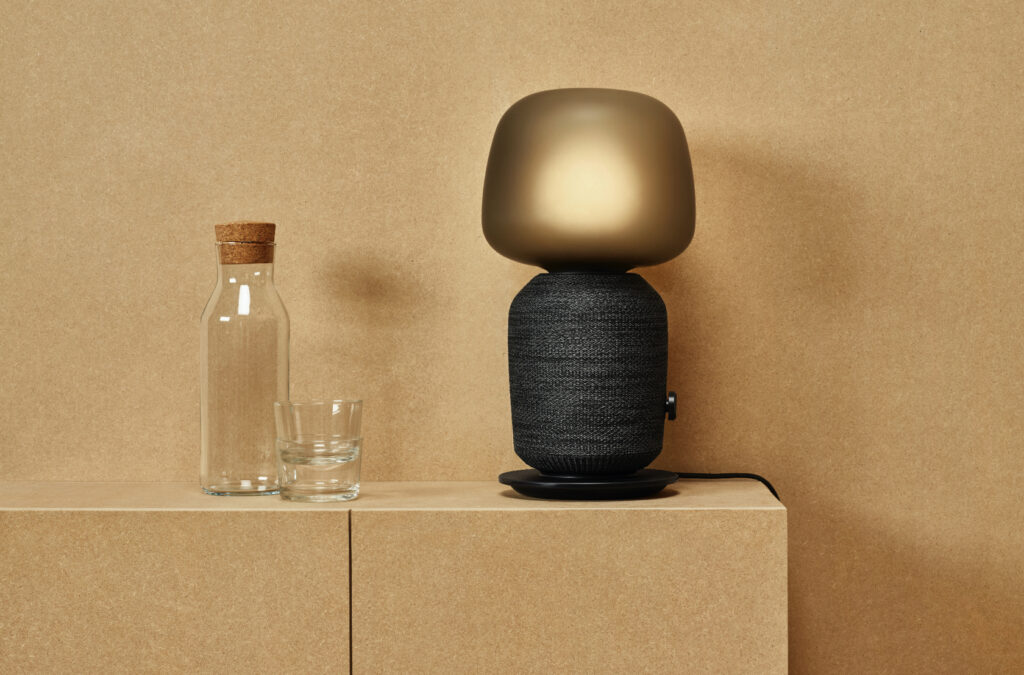Happy New Year, y’all! This week Kevin and I kick off the show with a chat about the Wyze security breach. We talk about what it means for you and I offer an idea on how to stop some of these breaches. We also mention the lawsuit against Ring, discuss how the new IoT security and privacy laws in California might be enforced, and talk about our CES predictions. They include robots, digital snake oil, and new entrants into the IoT market. We end by answering a question about pro installations and what to do when Wi-Fi goes down.
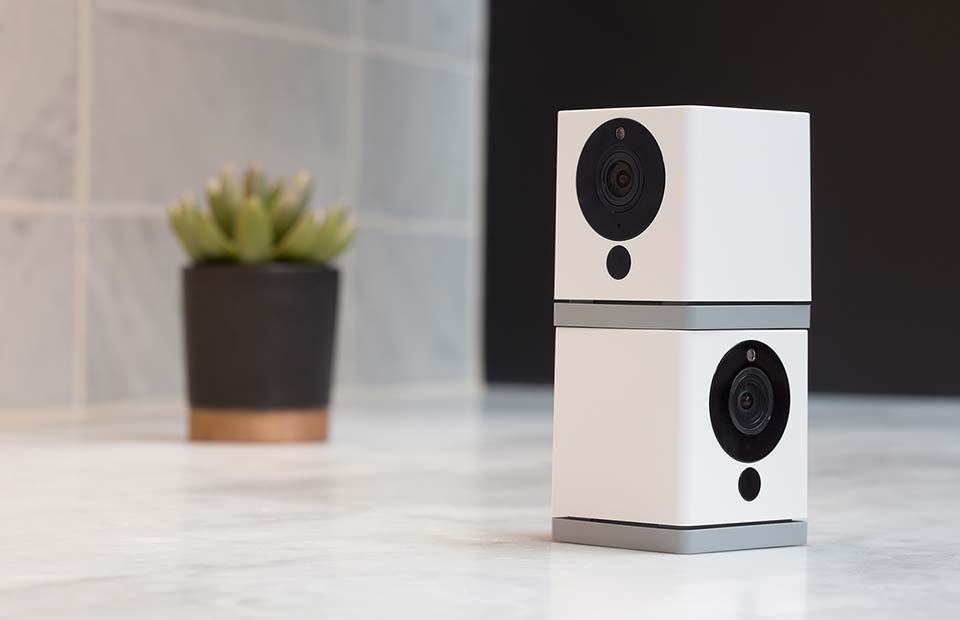
This week’s guest helps kick off the new year with a discussion about the future, specifically the future of the internet in 2030. I talk to Dr. Pernilla Jonsson, Head of Ericsson Consumer & Industry Lab, about the company’s recent consumer survey on the future of the internet. We talk about brain-to-computer interfaces, building digital taste buds and how to deliver touch and scents over the internet. We also talk about the business models necessary to make this future possible. Hint: It’s not advertising.
Hosts: Stacey Higginbotham and Kevin Tofel
Guest: Dr. Pernilla Jonsson, Head of Ericsson Consumer & Industry Lab
Sponsor: Cirrent
- What Wyze data was leaked? And what wasn’t?
- Let’s start enforcing developer checklists to protect data
- CES is going to be good for health tech and robots
- The next decade is when wearables replace smartphones
- How we’ll get touch, taste and smells delivered via the internet
Podcast: Play in new window | Download | Embed
Subscribe: RSS


